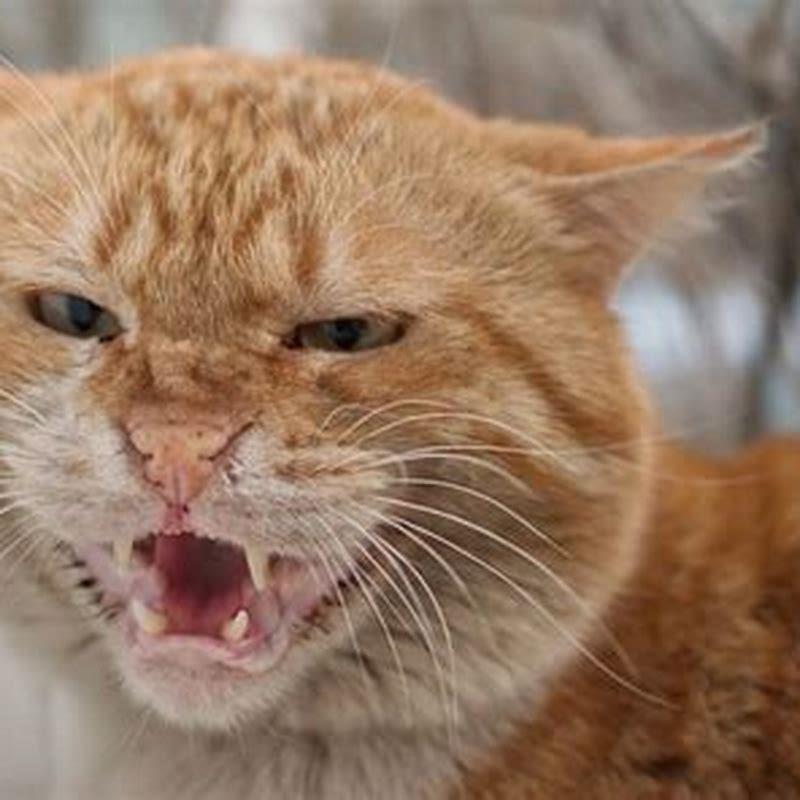
Baltimore Batters Beware: Raccoon Rabies on the RiseBaltimore Batters Beware: Raccoon Rabies on the Rise The charm of Baltimore, Maryland is undeniable, but the city faces a growing threat: an alarming surge in raccoon rabies cases. This deadly virus, transmitted through the saliva of infected animals, presents a significant risk to both humans and pets. Over the past year, Baltimore City Health Department has reported a sharp increase in confirmed raccoon rabies cases. In 2022, the city recorded 75 cases, a staggering 45% increase from the previous year. This concerning trend has authorities on high alert. Raccoons, known for their adaptability and urban presence, are the primary carriers of rabies in Baltimore. They often栖息in attics, garages, and other human-inhabited areas, coming into contact with pets and children. Symptoms of rabies in raccoons can include: * Unusual behavior, such as aggression or disorientation * Difficulty walking or paralysis * Excessive salivation * Vocalization or hissing Protecting Yourself and Your Pets Rabies is preventable, but swift action is crucial. Here are some essential precautions: * Vaccinate your pets: Ensure that your dogs, cats, and ferrets are up-to-date with their rabies vaccinations. * Avoid contact with raccoons and other wildlife: Do not approach or feed wild animals. If you encounter a seemingly friendly raccoon, maintain a distance. * Secure your property: Seal any holes or cracks in your home that raccoons could use to enter. * Dispose of trash properly: Keep trash in covered containers to avoid attracting raccoons. * Report suspicious animals: If you observe a raccoon exhibiting strange behavior, contact animal control or the health department immediately. Treatment and Prevention If you or your pet have come into contact with a potentially rabid raccoon, seek medical attention or veterinary care without delay. Rabies is a fatal disease, but early treatment with rabies immunoglobulin and vaccine can prevent infection. The Baltimore City Health Department is conducting an aggressive rabies control program that includes trapping and testing raccoons, distributing educational materials, and partnering with community organizations. However, the public’s cooperation is vital in combating this growing threat. By following these precautions, vaccinating our pets, and reporting suspicious animals, we can protect ourselves, our loved ones, and our community from the dangers of raccoon rabies. Remember, Baltimore batters beware: this potentially deadly disease is on the rise.
Posted inNews